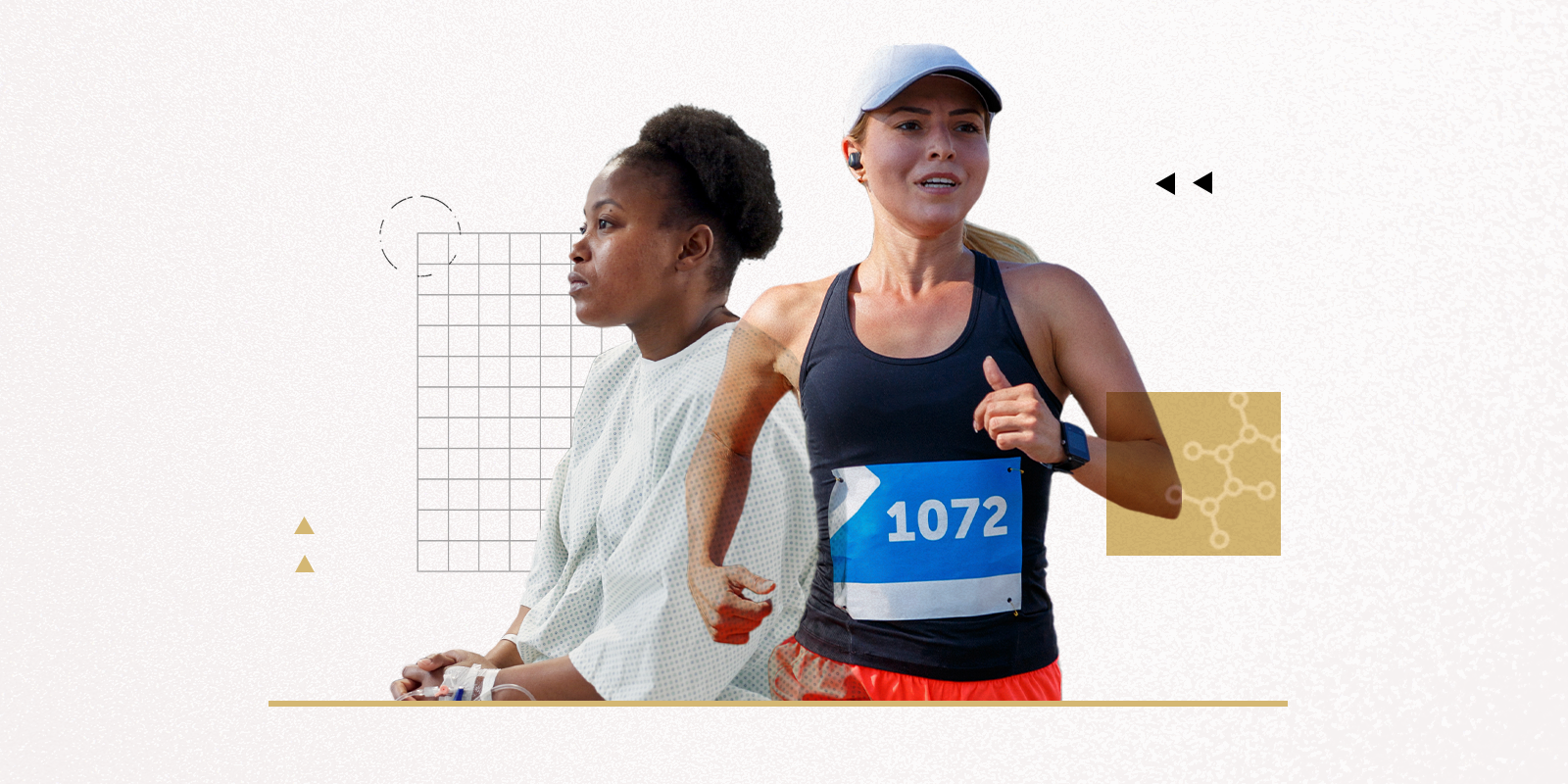The National Institutes of Health’s All of Us Research Program has awarded $30 million to the University of Colorado Anschutz Medical Campus and its partners to establish the Center for Linkage and Acquisition of Data (CLAD). The All of Us Research Program is a historic effort to enroll at least 1 million people who reflect the diversity of the United States. Providing researchers with the data will help drive new discoveries and advance precision medicine.
“This is an exciting national initiative to bring together novel data to better understand health,” says Melissa Haendel, PhD, FACMI, Chief Research Informatics Officer at CU Anschutz and PI of this award. “We at CU Anschutz Medical Campus are honored to lead these efforts.”
During the initial 18-month base period of the award, the CLAD team aims to securely acquire health care claims and mortality data, as well as environmental and social data based on the Centers for Disease Control and Prevention’s Environmental Justice Index. The award may be renewed annually for up to four additional years, pending the availability of funds, so the team can build on this work and include additional data streams for research.
The University of Colorado Anschutz Medical Campus was selected following an extensive and competitive process. “CLAD will enhance the understanding of health influences over time for All of Us researchers,” says Haendel. “The methods proposed have the power to advance healthcare best practices in personalized medicine on national, regional and local scales.”
Currently, the All of Us Researcher Workbench includes information actively donated by participants – data from biosamples, surveys, wearable devices, physical measurements, and electronic health records (EHRs) – with safeguards in place to protect privacy. The new award aims to enhance these data to fill in gaps, as well as add new data streams that would make the information provided by participants even more impactful for advancing research on a range of diseases and conditions. These new data streams would pull from existing datasets and sources without requiring additional action by participants.
“I am enthusiastic about this leading-edge project and joining the All of Us team,” says Anita Walden, MS, CU School of Medicine, who will lead management of the program. “The CLAD effort has the potential to transform research and impact the health of diverse communities by linking people to more of their data. This will enrich participant data, creating a revolutionary resource to answer questions we have yet to ask.”
The CLAD awardees will also explore ways to overcome technical challenges associated with linking EHR data from health information networks for participants who have consented to share this information.
CLAD will acquire and process the linked data within a secure platform before delivering it to the All of Us Data and Research Center, which curates data and makes it accessible through the Researcher Workbench to registered researchers. The CLAD team will also develop analytical tools to help researchers jumpstart their analyses once the data are available within the Researcher Workbench. All program partners must adhere to stringent NIH and All of Us data security and privacy requirements in carrying out their work.
The team is bringing together leading academic, data, security and software organizations, to form a comprehensive team including Axle Informatics, Datavant, Emory University, Johns Hopkins University, Medical College of Wisconsin, OCHIN, Palantir Technologies, the University of Florida, the University of Iowa, the University of North Carolina Chapel Hill, the University of Washington, and ZeroTrust.
The data streams enabled through CLAD will further the program’s efforts to build one of the most diverse biomedical data resources of its kind that can be used by researchers to gain insights into the biological, environmental, and behavioral factors that influence health.
CU Anschutz
Fitzsimons Building
13001 East 17th Place
Aurora, CO 80045

.png)
.png)

.png)
